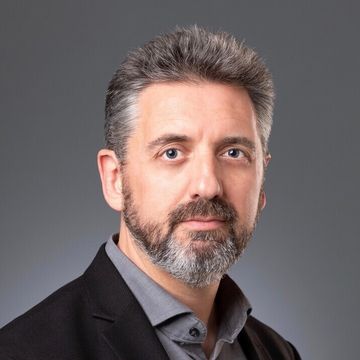Generationally Parochial Geoengineering: A Threat to the Young and Other Future Generations?
Stanford Humanities Center
424 Santa Teresa Street, Stanford, CA 94305
Board Room

The Facing the Anthropocene: Interdisciplinary Approaches workshop presents:
"Generationally Parochial Geoengineering: A Threat to the Young and Other Future Generations?"
Stephen Gardiner (University of Washington)
April 2nd, 2024 | 4:00 p.m. - 5:30 p.m. (PST)
Boardroom, Stanford Humanities Center (424 Santa Teresa St, Stanford, CA 94305)
Abstract: 'Geoengineering' has come to refer to massive technological interventions into fundamental earth systems on a planetary scale, often with the aim of counteracting human-induced climate change. Despite a burgeoning literature, some ethical issues surrounding geoengineering remain under-analyzed, barely identified, or, in effect, ignored. We are interested in one such issue, the threat of generationally parochial geoengineering (GPG): geoengineering that is dominated by the narrow, generation-relative concerns of a given generation engaging in the intervention, without due consideration for wider concerns, including especially the interests of later generations. In this paper, we develop the basic idea and identify some early warning signs in the current discourse, focusing on stratospheric sulfate injection, a form of solar radiation management. Our emphasis is on motivating the claim that generationally parochial geoengineering is a threat that should taken seriously at all levels of work on geoengineering, including research, development, and deployment.
Bio: Stephen M. Gardiner is Professor of Philosophy and Ben Rabinowitz Endowed Professor of the Human Dimensions of the Environment at the University of Washington, Seattle, where he is also Director of the Program on Ethics. His research focuses on global environmental problems, future generations and virtue ethics.
Steve is the author of A Perfect Moral Storm (Oxford, 2011) and co-author of Debating Climate Ethics (Oxford, 2016) and Dialogues on Climate Justice (Routledge, in press). He is also the editor of Virtue Ethics, Old and New (Cornell, 2005) and the Oxford Handbook of Intergenerational Ethics (Oxford, in press), and co-editor of the Oxford Handbook of Environmental Ethics (Oxford, 2016), Climate Ethics: Essential Readings (Oxford, 2010) and The Ethics of “Geoengineering” the Global Climate: Justice, Legitimacy and Governance (Routledge, 2020).
Steve has published more than fifty articles and book chapters, including in leading journals such as: Climatic Change; Environmental Ethics; Environmental Values; Ethics; Ethics & International Affairs; Ethics, Policy & the Environment; Journal of Political Philosophy; Oxford Studies in Ancient Philosophy; and Philosophy and Public Affairs.
In 2021, he presented the Academy Lecture for Humanities and Social Sciences at the Norwegian Academy of Science and Letters and the Alan Saunders Lecture in Public Ethics at the Australasian Association for Philosophy, which was broadcast nationally by Australian Public Radio.
This Workshop is sponsored by the Stanford Humanities Center and made possible by support from an anonymous donor, former Fellows, the Mellon Foundation, the National Endowment for the Humanities, and the McCoy Family Center for Ethics in Society.